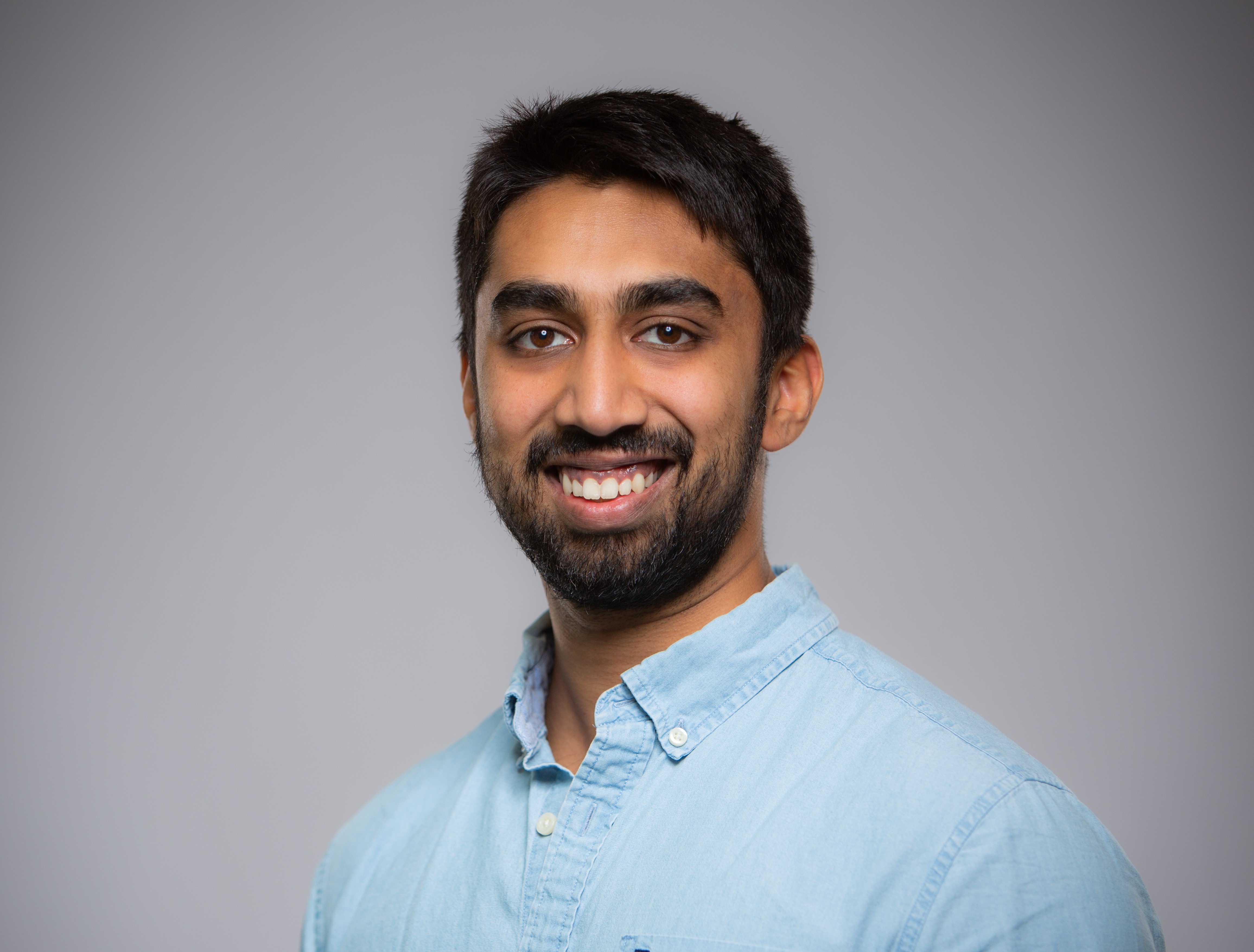Machine Learning Techniques for Reconstruction and Segmentation of Nanoparticle Interferometric Signatures
Published in Boston University, 2022
Abstract: Single particle interferometric reflectance imaging sensor (SP-IRIS) allows for label-free biological nanoparticle detection. This imaging technique allows collection of a 3D defocus profile of interferometric signatures of particles on a reflecting surface. However, automated reconstruction of information from SP-IRIS data and identification of particles remains a challenge. In this work, we develop machine learning techniques to perform accurate reconstruction of defocus profiles from undersampled SP-IRIS data, and machine learning techniques to segment particles of interest from background in SP-IRIS data. We test the performance of a direct, single-signal fully connected neural network based reconstruction technique, an untrained non-convolutional network for single-signal reconstruction, and a 2D convolutional neural network reconstruction model for reconstruction of SP-IRIS signal defocus profiles from undersampled data. We then test a UNet based segmentation model to segment particle signals from background signals. Lastly, we propose a novel combined reconstruction and segmentation model which can perform both reconstruction and segmentation on undersampled SP-IRIS data.
This was my Master’s thesis, performed under the direction of Prof. M. Selim Ünlü in the Department of Electrical Engineering at Boston University.
